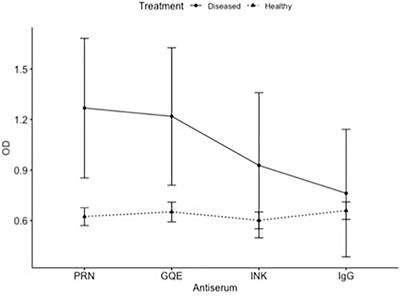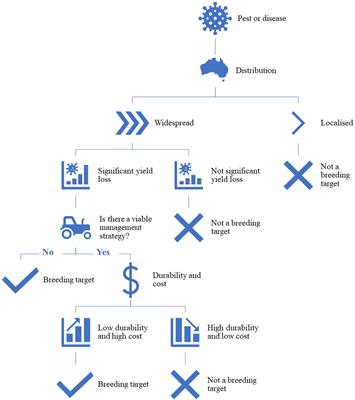EDITORIAL
Published on 03 Oct 2022
Editorial: Trends in cotton breeding: Meeting the challenges of the 21st century
doi 10.3389/fpls.2022.1019956
- 2,761 views
- 1 citation
21k
Total downloads
96k
Total views and downloads
You will be redirected to our submission process.
EDITORIAL
Published on 03 Oct 2022
ORIGINAL RESEARCH
Published on 22 Aug 2022

PERSPECTIVE
Published on 13 Jul 2022

REVIEW
Published on 06 Jul 2022

ORIGINAL RESEARCH
Published on 13 Jun 2022

REVIEW
Published on 06 Jun 2022

ORIGINAL RESEARCH
Published on 24 May 2022

REVIEW
Published on 13 May 2022

ORIGINAL RESEARCH
Published on 10 May 2022

REVIEW
Published on 28 Apr 2022

ORIGINAL RESEARCH
Published on 18 Apr 2022

PERSPECTIVE
Published on 05 Apr 2022

